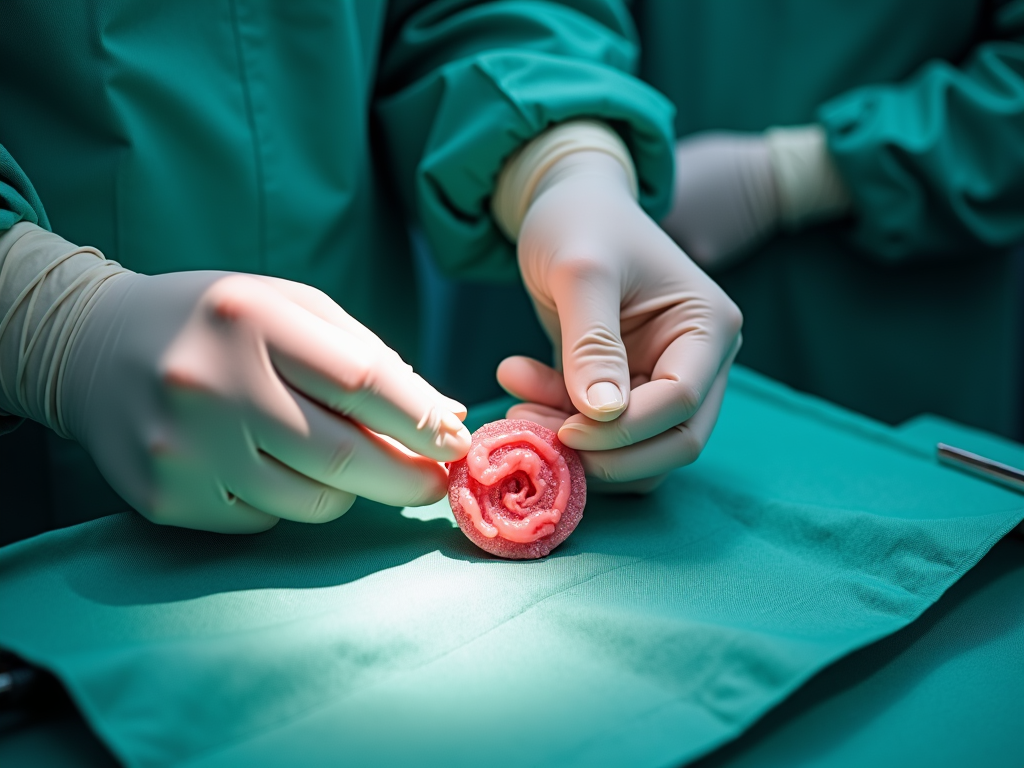Fertility Preservation: Your Options Explained
March 13, 2025, 7:22 a.m.
Fertility preservation is a crucial consideration for women over 35 who wish to delay childbearing. This article explores the various options available, the emotional impact of infertility, and personal stories to help you navigate this complex journey.
As women age, their fertility naturally declines, making it more challenging to conceive. For women over 35 who wish to delay childbearing for personal or professional reasons, fertility preservation offers a way to safeguard their reproductive potential. In this article, we'll explore the various fertility preservation options available, discuss the emotional impact of infertility, and share personal stories to provide insights and support.
Egg Freezing
Egg freezing, also known as oocyte cryopreservation, is one of the most common fertility preservation methods. It involves stimulating the ovaries to produce multiple eggs, retrieving them, and freezing them for future use. When a woman is ready to conceive, the eggs can be thawed, fertilized with sperm, and implanted into the uterus.
Pros: - Allows women to preserve their fertility at a younger age when egg quality is better. - Can be used for both medical and non-medical reasons.
Cons: - The process can be expensive and may not be covered by insurance. - There is no guarantee of success, as the quality of the eggs and the woman's overall health can affect the outcome.

Embryo Freezing
Embryo freezing involves fertilizing retrieved eggs with sperm to create embryos, which are then frozen for future use. This method is often used by couples who are undergoing in vitro fertilization (IVF) and have extra embryos.
Pros: - Embryos have a higher survival rate after thawing compared to eggs. - Can be used for both medical and non-medical reasons.
Cons: - Requires a sperm donor or partner. - May raise ethical concerns for some individuals.

Ovarian Tissue Freezing
Ovarian tissue freezing is a newer and less common method of fertility preservation. It involves removing a small piece of ovarian tissue, freezing it, and later transplanting it back into the body to restore fertility.
Pros: - Can be used for women who cannot undergo egg or embryo freezing. - May be an option for women with certain medical conditions.
Cons: - Still considered experimental and not widely available. - Carries risks associated with surgery and transplantation.

The Emotional Impact of Infertility
Infertility can be a deeply emotional and stressful experience for many women. The desire to have a child, coupled with the uncertainty and challenges of fertility treatments, can lead to feelings of anxiety, depression, and grief.
Coping Strategies: - Seek support from friends, family, or a therapist. - Join a support group for women dealing with infertility. - Practice self-care and stress-reduction techniques, such as meditation or yoga. - Educate yourself about fertility options and treatments.

Personal Stories
Hearing from women who have gone through fertility preservation or infertility treatments can provide valuable insights and support. Here are a few stories from women who have navigated this journey:
Story 1: Sarah's Journey with Egg Freezing
Sarah, a 38-year-old marketing executive, decided to freeze her eggs after a breakup. 'I wanted to take control of my fertility and give myself more time to find the right partner,' she says. After undergoing the egg freezing process, Sarah feels more at ease about her future. 'It's not a guarantee, but it's a step in the right direction,' she adds.
Story 2: Emily's Experience with Embryo Freezing
Emily and her husband decided to freeze embryos after undergoing IVF for their first child. 'We had extra embryos, and we didn't want them to go to waste,' Emily explains. 'It's reassuring to know that we have options for the future.'
Story 3: Lisa's Struggle with Infertility
Lisa, a 42-year-old teacher, has been trying to conceive for several years without success. 'It's been a rollercoaster of emotions,' she says. 'I've learned to lean on my support system and take things one day at a time.'

Understanding the Biological Clock: Myths and Facts
The biological clock is a term used to describe the natural decline in fertility that occurs as women age. However, there are many myths and misconceptions surrounding this topic.
Myth: Women can't get pregnant after 35.
Fact: While fertility does decline with age, many women over 35 can still conceive naturally or with the help of fertility treatments.
Myth: Fertility preservation guarantees a future pregnancy.
Fact: Fertility preservation increases the chances of having a biological child in the future, but it does not guarantee success.
Myth: Infertility is always a woman's issue.
Fact: Infertility can be caused by factors affecting both men and women.

Summary
Fertility preservation offers women over 35 the opportunity to safeguard their reproductive potential and delay childbearing. By understanding the various options available, the emotional impact of infertility, and the importance of seeking support, women can make informed decisions about their fertility journey.